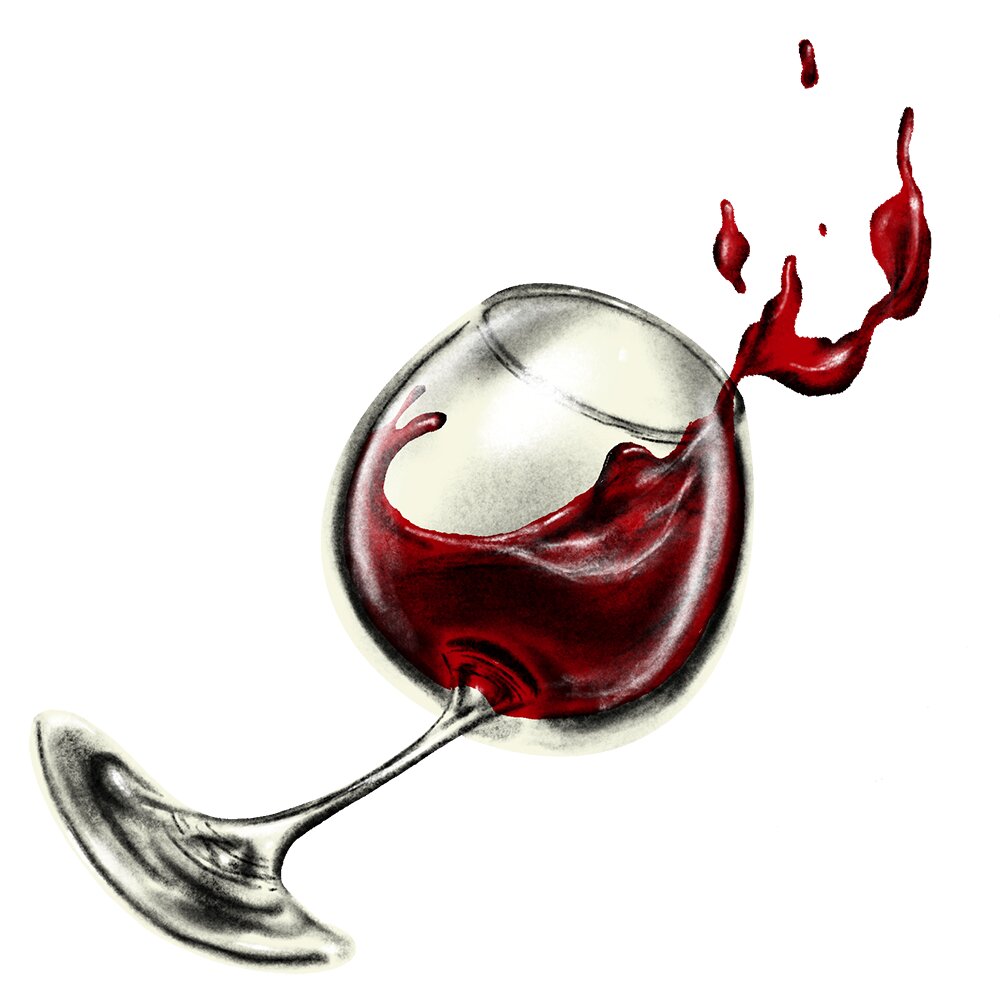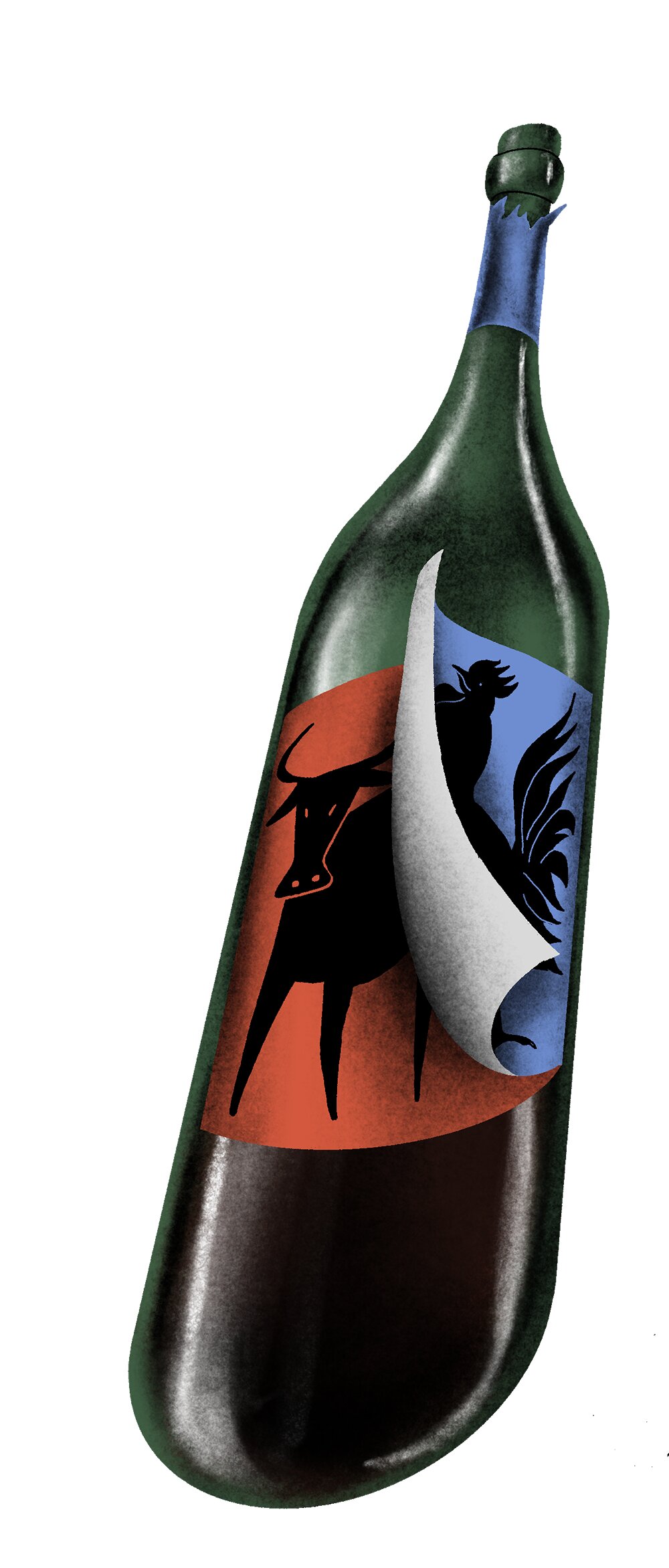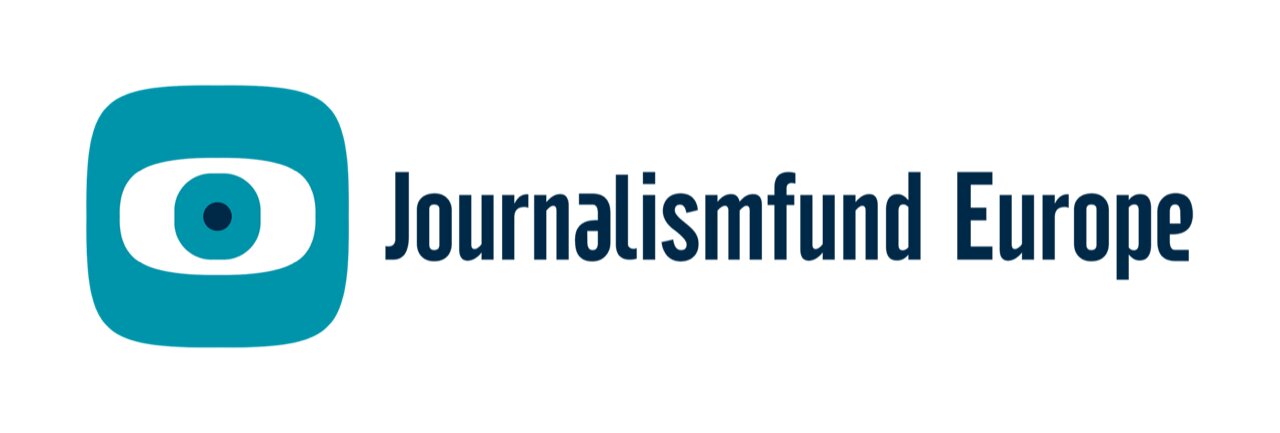It’s rare for a con artist to spill their secrets – especially one with a criminal conviction.
But French wine merchant Jean-Sébastien Laflèche is far from your average fraudster.
Having worked in wine since the age of 18, Laflèche was already an old hand in the trade by the time he became the mastermind behind the largest wine scam in Bordeaux’s history.
The 57-year-old was one of five individuals convicted in January 2023 by a Bordeaux court for a fraud operation that led to millions of litres of cheap Spanish wine being falsely passed off as French, ranging from table wine to well-known appellations like Margaux and Médoc.
Laflèche was given a sentence of two years imprisonment but did not spend any time in jail as one year was suspended and the other year was served wearing an electronic tag.
In an interview with Follow the Money, he said the scam had been simple to execute.
“All you have to do is buy Spanish bulk wine, then blend it. Then you work with a big winery, you get a contract with a big chain of shops or supermarkets and sell them wine labelled as Vin de France,” said the Frenchman, who was also fined 235,000 euros, and banned from working in the wine industry for five years.
“How do you expect a distributor to know if it’s fraudulent wine?”
The scam ran between 2014 and 2016 in a period of poor harvests, and involved at least 34,587 hectolitres of Spanish bulk wine – the equivalent of about 4.5 million bottles. The counterfeit wine was then sold to shops and restaurants not just in France but across Europe and further afield by a wine producer in Bordeaux that ran the swindle along with Laflèche.
Our journalism is only possible thanks to the trust of our paying members. Not a member yet? Sign up now
Low yields which have become all too common in the EU due to increasingly adverse weather conditions in recent years, especially in France, found a report by the International Organisation for Vine and Wine (OIV). Wine production in the bloc fell last year to its lowest level since 2017 – at 146.5 million hectolitres – according to European Commission data.
But it’s not just France that is dealing with the problem of counterfeit wine. An analysis by Follow the Money and interviews with wine experts shows how Italy and Spain itself are also grappling with the illegal blending of bulk wine, while Portugal is on high alert over the threat.
Inadequate oversight of wine production in Europe coupled with worsening climate change hurting yields means that opportunities are ripe for such fraud to occur, hurting legitimate businesses and deceiving consumers across the continent, according to industry insiders.
Inside the scam
The scam was concocted in 2013 after a low harvest caused a headache for wine broker Michel Gilin – then sales director of the wine producer Celliers Vinicoles du Blayais (CVB), which is based in Blaye, north of Bordeaux.
Faced with a shortage of supply of grapes, Gilin asked Laflèche – a contact of his in the trade – to orchestrate the fraud ring through the latter’s holding company Solution Logistique, labelling and logistics company MET, and wine merchant firm Defivin.
Under the arrangement, Laflèche was at the heart of two wine trade circuits in which the bulk Spanish wine was transported across the border in tanker trucks and delivered to Bordeaux, where it was then falsely bottled and labelled as French before being sold.
“With low yields resulting from drought, there is a temptation for producers to commit acts which contravene wine laws”
Laflèche falsified the trade and transport documents required by French customs, enabling the transport companies to justify the origin and nature of wine in the event of an inspection.
The bulk wine was made from either the same grape varieties grown in Bordeaux, or from those similar in aromatic and flavour profile, allowing Gilin to meet the demands of CVB’s clients – on paper, at least – who wanted Vin de France and Bordeaux appellation wine.
The illicit trade of the counterfeit bottles operated alongside another legitimate wine business. The system resulted in what French customs described in a letter sent to the Bordeaux court as part of the case in 2019 as a “total lack of traceability of the wine”.
The fraud was ultimately unearthed when a French tax inspector spotted irregularities in Laflèche’s tax declaration.

For his role in the scam, Gilin was sentenced to 20 months imprisonment – as with Laflèche, he did not go to jail as half was suspended and the other half was served with an electronic tag – fined 200,000 euros, and handed a five-year ban from working in the wine business.
Three accomplices of Gilin and Laflèche were given suspended sentences and smaller fines.
For Laflèche, the 2023 conviction was not even his first punishment for wine fraud.
The latest scam made headlines in France for its audacity and scale, yet it appears to not be an isolated incident. The falsification of documents and certification in alleged cases of fraud involving bulk Spanish wine are currently under investigation in other European nations, raising concerns for consumers about the origins of the bottles they are buying and drinking.
Climate change and rising costs
Wine fraud is said to date back to the Romans, but the poor harvests last year in France, Germany and Portugal suggest a growing risk of counterfeit bottles circulating in Europe.
“With low yields resulting from drought, there is a temptation [in Spain] for producers to commit acts which contravene wine laws, and this should be condemned,” said Josep Marrugat, head of viticulture at the Catalan agricultural union Unió de Pagesos.
At a time when the industry warns that production costs are ever-rising, and consumption is falling in Europe – partly due to the cost-of-living crisis – wine companies and bottlers are increasingly turning to cheaper bulk wine in a bid to cut costs and increase profits.
“A vineyard producing an average of 10,000 kilos per hectare cannot declare 30,000 kilos per hectare”
In Italy, a recent documentary on national TV channel RAI revealed how wine companies in Tuscany have imported bulk wine from elsewhere to meet demand when grape harvests produce below-average yields – as was the case with Gilin’s CVB. This wine is then falselysold as Tuscan appellations, including Chianti, in a black market, the documentary claimed.
Faced with competition from cheaper wine, Portuguese wine producers with surplus stocks of red wine have voiced concerns about how wine companies use Spanish bulk wine.
White Spanish bulk wine, supplied from the Castilla La Mancha, Extremadura and Valencia regions, was sold for as low as 0.4 euros per litre in 2024, according to cooperatives.
Castilla La Mancha, the world’s single largest wine region, supplies about a third of the world’s bulk wine, which is exported mainly to Germany, France, Italy and Portugal. That bulk wine is used to make sparkling and still wine blends, as well as wine-based drinks.
Reports of documents being manipulated to inflate grape yields and production volumes to facilitate the illicit blending of cheap bulk wine with appellations are commonplace in Spain, Portugal and Italy.
This type of forgery – which is known as “buying the paper” in Italy and Spain – occurs when wine companies suffering from shortfalls buy grapes or wine from elsewhere to make up for the low yields then doctor the paperwork to artificially boost their production volume and mask the imports.
Portugal on high alert
Tackling these scams is a challenge not only due to the ingenuity of individuals and fraud rings involved, but also because of systemic vulnerabilities, say those in the know.
There are concerns that the official area of land registered by wine appellations for vineyards may not correspond to the real number of vines producing wine, raising the risk of fraud.
In Portugal, Sara Silva, chair of the Algarve Wine Commission – a regulatory regional wine board – said she fears that the country’s official vineyard area registry is outdated.
“Data from Portugal’s Institute of Wine and Vine (IVV) on the registered vineyard area may not correspond to reality, as data is not regularly updated. If a wine producer grubs some of their registered vines up and replaces them by planting avocados, for instance, then they have fewer vines than officially recorded,” Silva told FTM.

“This can lead to a situation whereby the producer can bring in grapes from elsewhere. In doing so their production levels could be in line with their vineyard area of registered vines.”
There has been no evidence of wine fraud in the Algarve to-date, but Silva says she is monitoring declarations made by producers regarding their yields.
In April last year, Portugal’s association of appellation wines – Andovi – said it suspected that major Portuguese companies were illegally blending Spanish wine with Portuguese appellation wines in the country’s key grape regions of the Douro and Alentejo.
Bernardo Gouvêa, chairman of the IVV in Portugal, insisted that greater controls over yields and the production area had been enforced in 2024.
“A vineyard producing an average of 10,000 kilos per hectare cannot declare 30,000 kilos per hectare,” Gouvêa told FTM.
Europe’s biggest wine fraud
The blending of cheap bulk wine with wine from protected appellations in the EU is one of the most common forms of wine fraud committed in Europe, according to Sicpa, a Swiss technology company that provides security inks for currencies, among other services.
This issue is at the heart of Europe’s biggest ongoing wine fraud case, which is under judicial investigation in a court in the city of Reus, Catalonia.
The directors of the wine company Reserva de la Tierra allegedly ran a criminal operation in parallel to its legitimate business, with its subsidiaries accused of using Spanish bulk wine to produce an estimated 9 to 10 million bottles of counterfeit wine a year from 2019 to 2021.
“There are always people willing to try to cheat the system”
The case started in late 2021 when three protected appellations – known as Denominations of Origin (DOs) in Spain – filed legal proceedings against the company for alleged fraud. A raid on its premises by Catalan police in October 2021 resulted in the seizure of 752,000 bottles of bulk wine falsely labelled as appellation, along with 3.2 million fake wine labels.

Europe Uncovered
A weekly selection of the most revealing investigative journalism from across Europe.
In November 2022, the judge presiding over the case set a bail sum of 65 million euros for six defendants, including the directors and employees of Reserva de la Tierra.
Reserva de la Tierra has denied the allegations of fraud.
In a separate scandal, the chairman of the wine board of the Vinos de Madrid DO, Antonio Reguilón, resigned last June after he said that wine companies in the appellation were committing fraud by importing low-quality grapes from outside the protected production area.
Fighting the ‘Frenchification’ of wine
In France, authorities say they have beefed up customs inspections of wineries in the south following a series of fraud cases involving Spanish bulk wine, including in the production of around 30,000 hectolitres of fake Provence rosé, Le Parisien newspaper reported in 2018.
The French government in 2020 adopted a law on the transparency of information on agricultural and food products, which requires bars and restaurants to list the origin of the wine they sell.
Portugal is considering introducing similar legislation this year, said Gouvêa of the IVV.
As part of France’s crackdown, its then-agriculture minister said in February 2024 that his department would target operators “who are taking advantage of the crisis to bring in wines from Spain”, while the country’s anti-fraud unit – which is part of the economy ministry – said last September that tackling the so-called “Frenchification” of wine was a priority.
During winery inspections, French customs take samples from wine tanks. A lab compares the samples with isotopic data from a bank of samples from France’s many appellations.
Yet effective isotopic analysis requires reliable historical data for each wine region showing the characteristics and typicity of each appellation, including grape varieties and blends. Investing in the necessary equipment and analysing samples come with a hefty price tag.
Costly controls
In one case, analysing a sample of counterfeit Champagne that had been made partly by carbonating Spanish bulk wine cost 1,500 euros, according to a laboratory in Nantes.
The sample was taken in 2023 from a bottle produced by Didier Chopin, owner of the eponymous Champagne house. Having gone on the run to Morocco in 2023, Chopin in January returned to France to await his trial.
Chopin has admitted making fake Champagne partly from Spanish bulk wine – he will appear in a court in Reims, France on 10 June, to face charges of fraud over the production of 800,000 bottles of fake Champagne, L’Union newspaper wrote on March 18th.
Chopin’s lawyer Francis Fossier said to L’Union: “We answered questions, it lasted a day. He was not taken into custody. He admits having made fake champagne.”
In Portugal, aside from expensive lab tests, there are not enough inspectors at the national Authority for Food and Economic Safety (ASAE) to tackle the imports and transportation of Spanish bulk wine, according to Gouvêa – the IVV chairman.
The IVV and ASAE announced in December that they would share data to allow for greater control over the circulation of bulk wine movements by making use of artificial intelligence.
Yet Francisco Mateus, chairman of the wine board for the Alentejo region, told FTM that Portuguese police and officials lack the impetus of anti-wine fraud units operating within France’s economy ministry, because there is no excise duty on wine sales in Portugal.
Read more
Fold in
Cheating the system
Ultimately, controls on wine truck movements in Europe remain insufficient.
Such transport is renowned for happening at night, and the practice is known in France as “Vins de Lune (Moon)”. The moniker comes from a notorious case in which wine brought into Bordeaux in trucks from other regions of France was illegally blended with appellation wine.
However, the source of bulk wine is increasingly likely to come from anywhere in the EU single market as wine buyers seek to ensure supply at the lowest possible prices.
Few know this better than the convicted fraudster Laflèche.
“There are few controls, so it is easy to make money from wine quickly,” he said. “There are always people willing to try to cheat the system to earn more as it’s so easy to do, especially in wineries that have sufficient capacity to make blends and improve the quality of wine.”
This article was developed with the support of Journalismfund Europe.


